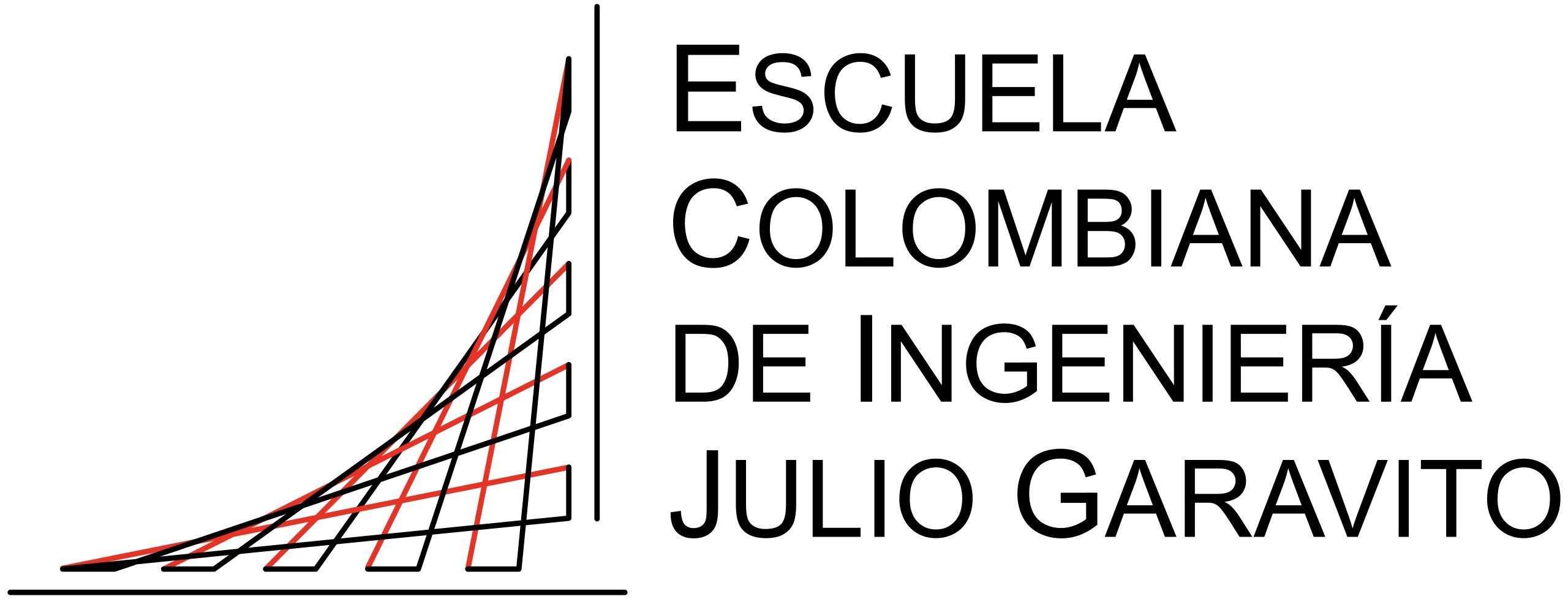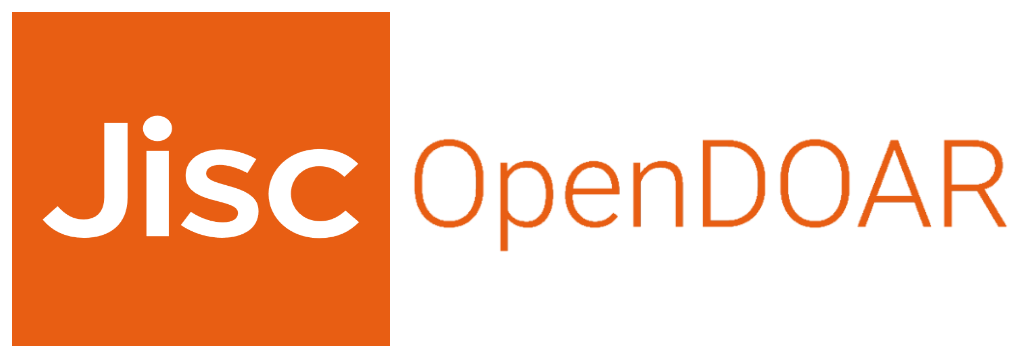Mostrar el registro sencillo del ítem
Modelo de inteligencia de negocios para pequeñas y medianas empresas del sector retail de farmacias en Colombia
| dc.contributor.advisor | Del Toro Osorio, Fabiola | |
| dc.contributor.advisor | Ospina Becerra, Victoria Eugenia | |
| dc.contributor.author | Poveda Martínez, David Camilo | |
| dc.contributor.author | Saray Cabezas, Juan Pablo | |
| dc.date.accessioned | 2024-02-07T15:55:13Z | |
| dc.date.available | 2024-02-07T15:55:13Z | |
| dc.date.issued | 2023 | |
| dc.identifier.uri | https://repositorio.escuelaing.edu.co/handle/001/2841 | |
| dc.description | Recurso Digital | spa |
| dc.description.abstract | Las pequeñas y medianas empresas (PYMEs) son un motor clave de la economía de Colombia, que representa aproximadamente el 90% de todas las empresas en el país y emplea a más de la mitad de la fuerza laboral. Sin embargo, en Colombia enfrentan desafíos para competir con empresas más grandes y establecidas en el mercado (MinTrabajo, 2019). Por otro lado, el uso de herramientas tecnológicas para la gestión y generación de información que soporten la toma de decisiones es una tendencia que aún no termina de verse marcada sobre las pequeñas y medianas empresas; y si acotamos aún más el nicho de mercado a las pequeñas y medianas empresas del sector retail farmacéutico tampoco se observa diferencia alguna. Esto en gran parte puede deberse a la inversión y el esfuerzo que esto demanda, por lo que algunas organizaciones prefieren invertir en herramientas transaccionales en lugar de herramientas que permitan la gestión y explotación de los datos, dejando de lado la posibilidad de generar valor a través del uso de los datos o limitando el potencial de esta ventaja competitiva (Chavarro & Hoyos, 2019). La metodología de esta investigación inició con la comprensión del estado actual y el entendimiento de las necesidades de las PYMEs en el sector retail farmacéutico en cuanto a la toma de decisiones basadas en datos. De esta forma, lograr el planteamiento de soluciones basadas en inteligencia de negocios que promuevan la competitividad de las PYMEs farmacias con los grandes representantes del mismo sector ya establecidos en el mercado. De acuerdo a lo anterior planteado y con el propósito de asegurar el uso de datos que tengan la calidad necesaria para la toma de decisiones es necesario iniciar con la correcta definición de estrategias de gestión de datos que se alineen con la estrategia organizacional y que sean de carácter importante para las organizaciones sin importar su tamaño y propósito. En este caso, se hizo uso de lo establecido por el DAMA y se realizó la selección específicamente a las áreas de interés básicas para tomar decisiones informadas en las PYMEs del sector farmacéutico (DAMA internacional, 2009). Así mismo, se abordó la construcción de un modelo de inteligencia de negocios basado en los marcos definidos por Kimball e Inmon para la arquitectura de modelo de datos del que se alimenta el negocio (Doble Engineerin Company, 2020). Finalmente, los resultados obtenidos permitieron validar el problema sobre las necesidades de este sector y tipo de organización en cuanto a la generación de datos y el uso de estos como activo para tomar decisiones inteligentes; así como, evidenciar los impactos positivos tras aplicar soluciones de inteligencia de negocios alineadas con la estrategia organizacional. | spa |
| dc.description.abstract | Small and medium-sized businesses (SMEs) are a key driver of Colombia's economy, representing approximately 90% of all businesses in the country and employing more than half of the workforce. However, in Colombia they face challenges to compete with larger and more established companies in the market (MinTrabajo, 2019). On the other hand, the use of technological tools for the management and generation of information that supports decision-making is a trend that has not yet been fully evident in small and medium-sized companies; And if we further limit the market niche to small and medium-sized companies in the pharmaceutical retail sector, no difference is observed either. This may largely be due to the investment and effort that this demands, which is why some organizations prefer to invest in transactional tools instead of tools that allow the management and exploitation of data, leaving aside the possibility of generating value through of the use of data or limiting the potential of this competitive advantage (Chavarro & Hoyos, 2019). The methodology of this research began with the understanding of the current state and the understanding of the needs of SMEs in the pharmaceutical retail sector in terms of making decisions based on data. In this way, achieve the approach of solutions based on business intelligence that promote the competitiveness of SME pharmacies with the large representatives of the same sector already established in the market. According to the above and with the purpose of ensuring the use of data that has the necessary quality for decision making, it is necessary to start with the correct definition of data management strategies that are aligned with the organizational strategy and that are of important character for organizations regardless of their size and purpose. In this case, use was made of what was established by the DAMA and the selection was made specifically to the basic areas of interest to make informed decisions in SMEs in the pharmaceutical sector (DAMA international, 2009). Likewise, the construction of a business intelligence model was addressed based on the frameworks defined by Kimball and Inmon for the data model architecture from which the business is fed (Doble Engineering Company, 2020). Finally, the results obtained allowed us to validate the problem about the needs of this sector and type of organization in terms of the generation of data and the use of this as an asset to make intelligent decisions; as well as, demonstrate the positive impacts after applying business intelligence solutions aligned with the organizational strategy. | eng |
| dc.format.extent | 90 páginas | spa |
| dc.format.mimetype | application/pdf | spa |
| dc.language.iso | spa | spa |
| dc.publisher | Escuela Colombiana de Ingeniería | spa |
| dc.title | Modelo de inteligencia de negocios para pequeñas y medianas empresas del sector retail de farmacias en Colombia | spa |
| dc.type | Trabajo de grado - Maestría | spa |
| dc.type.version | info:eu-repo/semantics/publishedVersion | spa |
| oaire.accessrights | http://purl.org/coar/access_right/c_abf2 | spa |
| oaire.version | http://purl.org/coar/version/c_970fb48d4fbd8a85 | spa |
| dc.description.degreelevel | Maestría | spa |
| dc.description.degreename | Magíster en Gestión de Información | spa |
| dc.identifier.url | https://catalogo.escuelaing.edu.co/cgi-bin/koha/opac-detail.pl?biblionumber=23665 | |
| dc.publisher.place | Bogotá | spa |
| dc.publisher.program | Maestría en Gestión de Información | spa |
| dc.relation.indexed | N/A | spa |
| dc.rights.accessrights | info:eu-repo/semantics/openAccess | spa |
| dc.subject.armarc | Gestion de datos | |
| dc.subject.armarc | Inteligencia de negocios- PYME - Colombia | |
| dc.subject.armarc | Toma de decisiones - Sector Farmaceutico - Colombia | |
| dc.subject.proposal | Gestion de datos | spa |
| dc.subject.proposal | Data management | eng |
| dc.subject.proposal | Inteligencia de negocios- PYME - Colombia | spa |
| dc.subject.proposal | Business intelligence - SME - Colombia | eng |
| dc.subject.proposal | Toma de decisiones - Sector Farmaceutico - Colombia | spa |
| dc.subject.proposal | Decision making - Pharmaceutical Sector - Colombia | eng |
| dc.type.coar | http://purl.org/coar/resource_type/c_bdcc | spa |
| dc.type.content | Text | spa |
| dc.type.driver | info:eu-repo/semantics/masterThesis | spa |
| dc.type.redcol | https://purl.org/redcol/resource_type/TM | spa |
Ficheros en el ítem
Este ítem aparece en la(s) siguiente(s) colección(ones)
-
FC - Trabajos de Grado Maestría en Gestión de Información [89]
Trabajos de Grado de la Maestría en Gestión de información de la Escuela Colombiana de Ingeniería Julio Garavito











